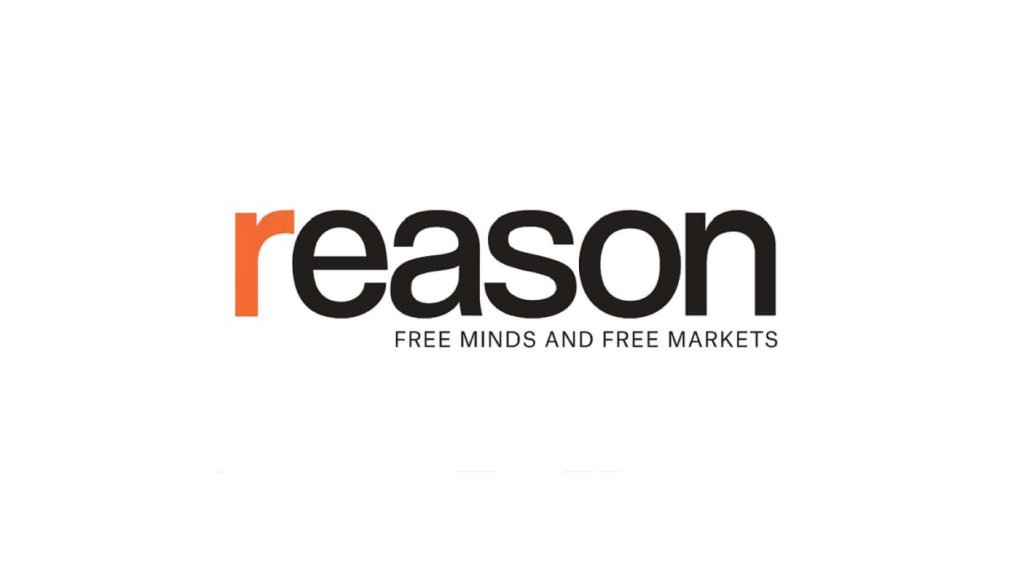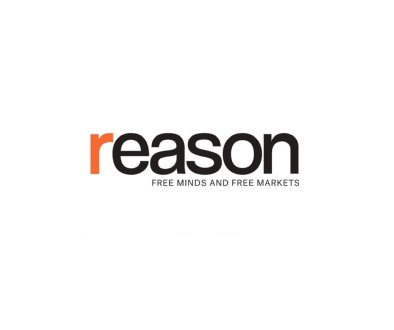Sellouts and Selloffs
Three-day selloff continues: “The carnage in financial markets worsened on Monday with stressed-out investors abandoning hopes that President Donald Trump would change his tariff policy,” reports Bloomberg. “Stocks tumbled, taking the three-day wipeout in global equity value to about $9.5 trillion. S&P 500 equity futures signaled a 3% loss and the VIX Index spiked above 50. Europe’s Stoxx 600 tumbled 5%. Asia capped the worst day since 2008. Treasuries and the yen gained as investors sought refuge.” Aren’t you excited for our markets to open? (Who knows how deep the selloff can get: “There’s no sign yet that markets are finding a bottom and beginning to stabilize,” write analysts at Deutsche Bank.)
The new tariffs go into effect on Wednesday, and Trump signaled over the weekend that he will not back down. “We’re going to become a wealthy nation again—wealthy like never before,” he said Sunday. “We have all the advantages. Forget markets for a second—we have all the advantages.” You hear that, guys? Forget markets.
“The army of millions and millions of human beings screwing in little, little screws to make iPhones—that kind of thing is going to come to America,” said Commerce Secretary Howard Lutnick on Face the Nation this past weekend, in a segment that I suppose was meant to make us feel excited for our economic future (?).
Sellouts: We’re now seeing a chorus of tech/VC Trump supporters who claim that what happens in the stock market is irrelevant to the “long term health of the economy.” (“The first long-term thinking President of my lifetime,” writes one Sequoia VC, intent on doubling down.)
“Which [stocks] suffered the biggest losses?” smartly counters Nate Silver at his Substack. It’s “largely consumer staples from the lower-middlebrow on up, or cyclical purchases—like autos and air travel—that Americans consume more of when they think good times are ahead and pull back from when they’re in the brace position preparing for a recession.” These are familiar patterns from our pandemic-era economic turmoil: In times of uncertainty, Americans are likely to delay travel, car replacement, and tech product replacement, to cook more at home and eat out less. Such patterns seem to suggest recession fears—they’re things people do when we know we must batten down the hatches to get through the rough waters ahead.
It’s possible, to steelman the tariff cheerleaders, that they believe Trump’s aggressive moves will result in negotiating down the tariffs that other countries impose on us—that our tariffs are merely a temporary measure to be done away with, that it’s actually a game of 4D chess to create a much more free-tradin’ world. Or that it’s a game of 4D chess to ensure supply-chain sturdiness when China invades Taiwan and we go to war with them. But this is supposed to be a targeted foreign policy tool, why on Earth are we hitting Sri Lankan coffee with a 44 percent tariff? Or sugar from Fiji with 32 percent? Right now it looks like a few influential folks in Silicon Valley—successful capitalists who know a thing or two abo
Article from Reason.com

The Reason Magazine website is a go-to destination for libertarians seeking cogent analysis, investigative reporting, and thought-provoking commentary. Championing the principles of individual freedom, limited government, and free markets, the site offers a diverse range of articles, videos, and podcasts that challenge conventional wisdom and advocate for libertarian solutions. Whether you’re interested in politics, culture, or technology, Reason provides a unique lens that prioritizes liberty and rational discourse. It’s an essential resource for those who value critical thinking and nuanced debate in the pursuit of a freer society.




